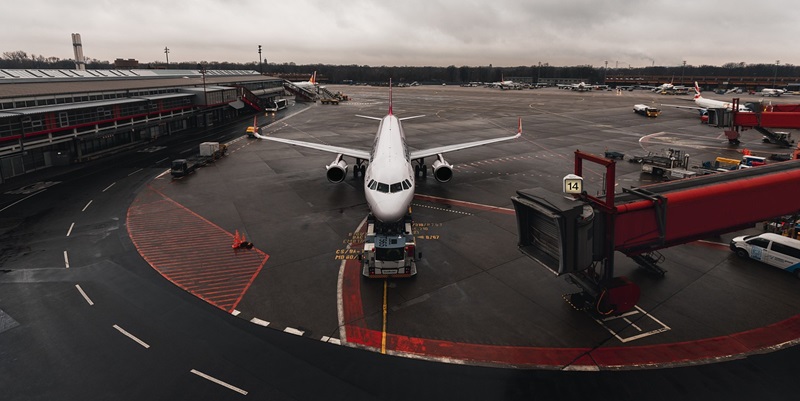Bhutan Airlines has announced an exciting partnership with FinMont, a global payment orchestration platform founded by the creators of Hahn Air. This collaboration aims to significantly enhance Bhutan Airlines’ payment processes by providing a secure payment gateway and supporting a wide range of payment methods. The alliance ensures a seamless transaction experience for customers, which is essential in today’s fast-paced travel industry where convenience and security are paramount. FinMont’s platform integrates both B2C and B2B payments into a single cohesive system, allowing decision-makers to easily identify and rectify any inefficiencies within the payment process.
The introduction of FinMont’s sophisticated payment platform will bring robust fraud detection features and a user-friendly interface to Bhutan Airlines, strengthening trust among customers and fostering the growth of the airline’s e-commerce services. Suby Valluri, the CEO of FinMont, expressed his excitement about the partnership, emphasizing their commitment to revolutionizing payment orchestration in the travel industry. By leveraging FinMont’s advanced technology, Bhutan Airlines aims to streamline the payment process, reduce operational costs, and significantly improve the overall customer experience, making travel as stress-free as possible for passengers.
Pema N Nadik, CEO of Bhutan Airlines, highlighted that this partnership is a crucial step in the airline’s ongoing commitment to blending cutting-edge technology with exceptional customer care. Bhutan Airlines operates daily flights from Bangkok to Paro via Kolkata and three weekly flights to Delhi via Kathmandu, using a fleet of two A319 aircraft. By enhancing their payment processing system, Bhutan Airlines is better positioned to provide superior service and support its growth in the highly competitive travel industry. In summary, the partnership between Bhutan Airlines and FinMont is set to offer a more efficient, secure, and customer-friendly payment system, ultimately benefiting both the airline and its passengers.

